
Symptoms
The cases of fractured tailbone considered serious are rare but pain can be acute even coming from the minor cracks and hairline fractures. This pain will be accompanied by discomfort and tenderness in the region in question. Sitting will be difficult due to this injury and this problem will be even worse if you are using a soft surface. Sexual intercourse and bowel movement may also provide certain discomfort and problems. Fractured tailbone can also provoke acute pain in the legs.
Causes
Hairline fractures and such simple injuries are the most common causes of tailbone fractures. The joint located between the coccygeal vertebrae can suffer a simple fracture and this is one of the more common causes. The tip of the structure can be chipped and this is one of the possible causes as well. The fracture of the tailbone happens when a certain force is applied, at a certain angle, to the bone. Culprits can also be found in direct blow and seated fall to the area of the tailbone. Minor injuries and fractures can occur during childbirth and pregnancy. Problem in question can be developed among those who are practicing regular bicycling and rowing.
Recovery
Leg weakness, numbness, tingling and pain in the area of the tailbone can be very serious and excruciating if a person has suffered from a more serious tailbone fracture. Visit to the hospital should be immediate, where scans like x-rays will be performed in order for the problem to be diagnosed. Oral medications, such as stool softeners and painkillers will be given but this problem generally heals on its own. There may also be needed some alterations in the life habits and use of special cushions.
Recovery may even last a whole year, but there are some cases in which the problem hasn’t been eliminated even after 15 months of recovery and exercising. If this happens, other problems may be present. Surgery is the option if the bone's surrounding tissue is damaged. If you are suffering from a tailbone fracture, rest, avoid movement, eat food with a lot of fiber and apply ice packs that will reduce the swelling and pain in the affected region. These problems are rare, but if they do happen, see a doctor who will know what to do.



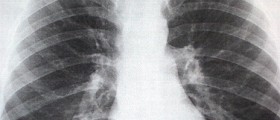
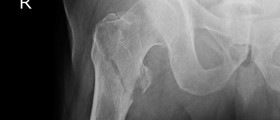
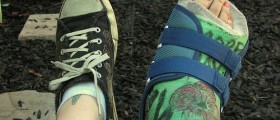
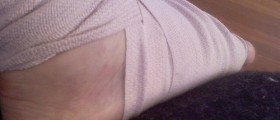
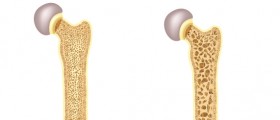


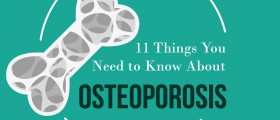



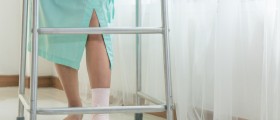

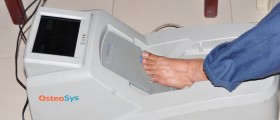
Your thoughts on this
Loading...